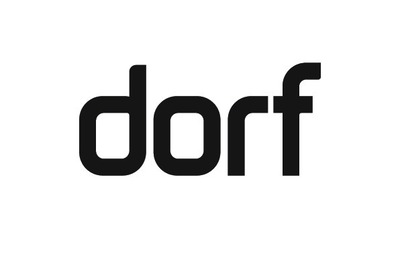Principle 8
Remunerate fairly and responsibly
People and Culture Committee
The People and Culture Committee meets as required and at least four times throughout the year. For membership and attendance details of the People and Culture Committee, refer to the Directors’ Report.
The composition of the People and Culture Committee is based on the following principles:
- The Committee should consist of non-executive directors only;
- The Committee should consist of a majority of independent directors;
- The Committee should consist of a minimum of three members; and
- The Chairperson of the Committee should be an independent director.
The People and Culture Committee operates under a charter that details the Committee’s role and responsibilities, composition, structure and membership requirements. The charter is reviewed regularly to ensure it remains consistent with the Board’s objectives and responsibilities. Refer to the Group’s website at www.gwagroup.com.au under Corporate Governance Policies for a copy of the charter.
The main responsibilities of the Committee include:
- Review of Board size and composition;
- Assessment of the necessary and desirable competencies of Board members;
- Review of Board, Chief Executive Officer and other executive succession plans;
- Evaluation of the performance and contributions of Board members;
- Recommendations for the appointment and removal of directors;
- Review of the remuneration framework for the non-executive directors;
- Review of the Group’s executive remuneration and incentive policies and schemes;
- Review of Chief Executive Officer and other executives’ remuneration packages;
- Review of Chief Executive Officer and other executives’ performance objectives;
- Evaluation of Chief Executive Officer performance against objectives;
- Review of Chief Executive Officer and other executive development plans;
- Review of the Group’s recruitment, retention and termination policies and procedures;
- Review of the Group’s superannuation arrangements;
- Review of the Group’s overall remuneration budget;
- Review of the annual Remuneration Report for inclusion in the Directors’ Report;
- Approval of engagement of external remuneration consultants;
- Review of Diversity Policy and assessing progress against measurable objectives; and
- Reporting to the Board on the Committee’s role and responsibilities covering all the functions in its charter.
In performing its responsibilities, the People and Culture Committee receives appropriate advice from independent external advisers.
The Company Secretary prepares the draft minutes for each People and Culture Committee meeting which are tabled at the next Committee meeting for review and approval. The draft minutes are also included in the Board papers for the next Board meeting following the People and Culture Committee meeting.
Remuneration Policies
The Board’s objective in setting the Group’s remuneration policies is to provide maximum stakeholder benefit from the retention of a high-quality forward-thinking Board and executive team. This is achieved by remunerating directors and executives fairly and appropriately based on relevant market benchmarking data and the linking of executive remuneration to the Group’s strategy, financial and operating performance in order to align with shareholder wealth creation.
The People and Culture Committee is responsible for determining the remuneration for the non-executive directors, with the maximum aggregate amount approved by shareholders. The non-executive directors receive their remuneration by way of directors’ fees (including statutory superannuation) and are not able to participate in the executive incentive schemes. There are no director retirement benefits other than statutory superannuation.
The People and Culture Committee is responsible for reviewing and determining the remuneration and incentive arrangements for executives. The People and Culture Committee obtains market benchmarking data from independent external advisers to assist in determining market remuneration levels. The remuneration and incentive arrangements have been structured to ensure that performance is fairly rewarded and to attract, motivate and retain a high-quality executive team, capable of implementing the Group’s strategy and aligning the executives’ interests with the creation of shareholder value and with the Group’s values and risk appetite in mind.
The Group has an equity-based remuneration scheme for executives which was approved by shareholders in 2008. For details of the scheme, refer to the FY24 Remuneration Report. In accordance with the rules of the scheme, participants must not enter into any transactions or arrangements (whether through the use of derivatives or otherwise) which reduces or limits the economic risk of participating in the scheme.
For details of the Group’s remuneration policies and disclosures, refer to the FY24 Remuneration Report included in the Annual Report.




